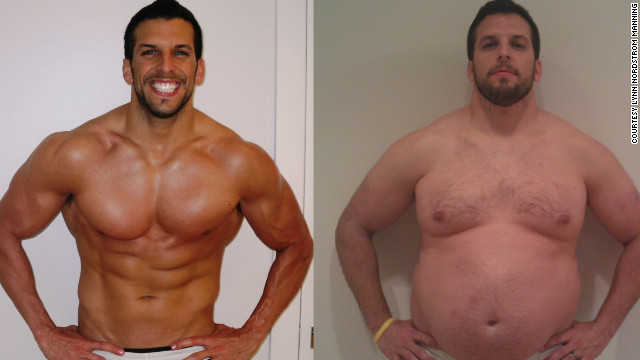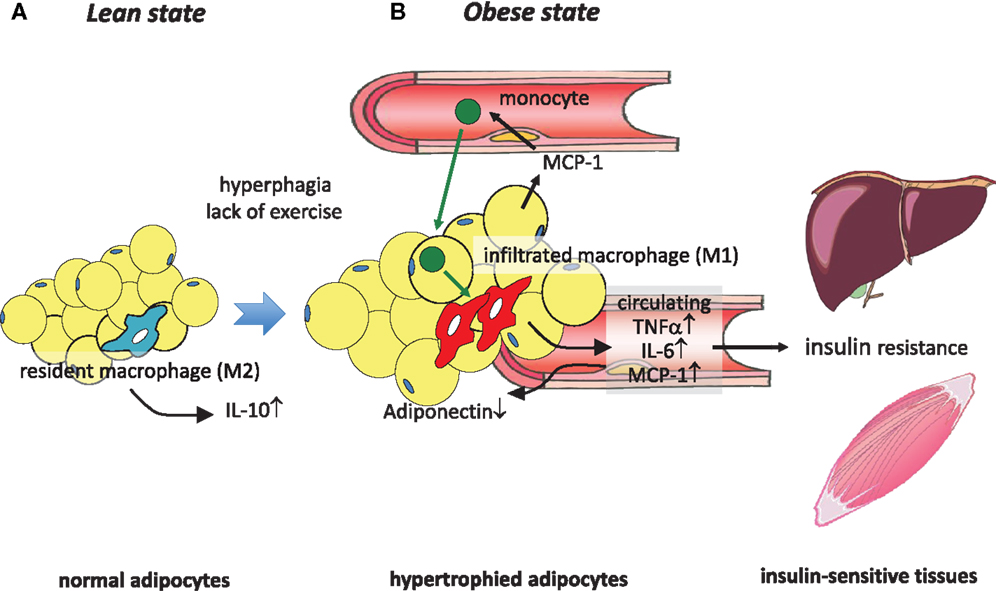Obesity and Masculinity difference
Obesity and Masculinity difference – The common Denominator?

Obesity and Masculinity difference denotes the effects of obesity in both gender. the bottom line is that both share a lot in common
Have you seen well or heavily built men lifting heavy metals, stones or punching sand bags in your environs? Who would you compare them in relation to obesity and weight gain? What about heavy ladies some of whom are even struggling to stand on their two feet are they obese? I want to explain a few things concerning obesity and weight gain to help us understand the clear difference between obesity and masculinity or just obesity and gender difference. Many people think that there is a dramatic difference in how obesity affects both genders. The reality is, we have more in common than not with a few distinguished differences. For instance both genders are equally getting emotional and struggle with their physical look. Their self-esteem and social status are affected in equal measure.
Going by the introductory remarks there is a clear difference between the heavily built men for sure they are not obese since their body fats is constantly being worked on in their session of lifting their heavy objects the opposite is true about the ladies who accumulate lots of fats with very little being burn as cholesterol. Therefore the latter will be obese or overweight depending on their BMI as detailed below:
ü BMI of 25 to 29.9 means you are considered overweight
ü BMI of 30 to 39.9 means you are considered obese
ü BMI of 40 or above means you are considered severely obese
Eating Habits and Gender
Feeding habit is something that is of clear concern when it comes to the behavior of both genders. According to a study conducted by Foodborne Disease Active Surveillance Network (Food Net) it was established that men are heavy consumers of red meat especially when roasted and certain poultry meet while women were likely to feed on fruits and vegetables. In both cases the different gender found comfort in food with each approaching this aspect of food differently. In other studies it has been established that men are likely to be heavy eaters at the celebration events particularly feeding on higher protein food stuff whereas women will take foods to cope with negative experiences and choose higher calorie sweet snack foods such as chocolate or ice cream.
The stereotype of the man going out for a big steak dinner to celebrate a promotion at work and the woman drowning her sorrows for the lost relationship in a half gallon of ice cream actually have scientific merit. What am I trying to explain here, I am not just saying that men do not also deal with negative emotions with food as women do, but that times of celebration are also times of risk for poor eating decisions. It is in these celebratory activities ware men seem to be more unique and choose to feed themselves in discriminatively to crown the event. In so doing they lose track of their diet and gain more pounds. The part where men get lost is that coping occurs not just with negative emotions, but with even the positive ones. We often think about our bad decisions and negative coping, but men are more apt to throw caution to the wind in the efforts of celebration.
Weight Gain and Gender
These differences may well play into how men and women deal with weight gain. There has been a distinct appeal to low carbohydrate approaches to men as they get to keep some of their favorite celebratory foods and are not resigned to salads and raw vegetables. Whereas women may be more likely to struggle with such approaches; or the recommended “protein first” approach to the post-operative diet plans.
Men differ greatly in how they deal with their vanity. Don’t fool yourself – even the manliest of men can be vain. Whether it is coloring our gray or replacing our missing hairs, we want our youthful masculine appearance. Weight issues are no exception.
Men long for the six pack abs and gun show arms which will elude most of us. Some of us struggled with weight issues early in our childhood. The early experience left us scared of ridicule and social exclusion. Others mourn the loss of their physical abilities and looks with the addition of weight later in life.
Male Weight Issues
I have been leading aftercare support groups as part of my work. When starting my work there, we developed a men’s-only group, as men were often the minority in the existing support groups. It appeared as though the men wanted such a venue as they felt that there were significant differences in their experiences from women who had undergone gastric weight-loss surgeries.
The reality was that their experiences were not as different, but the issues that they wanted to work through were often not appropriate for the coed setting. It seems the weight kept the men from feeling as sexual and that many had given up on themselves. Their comfort in being out of any relationship or taking their relationship for granted had caught up with them.
Yes, I am letting the secret out that men are often more motivated to stay healthy to attract the opposite sex, but irony rears its ugly head. With increased weight comes decreased sex drive, not to mention decreased attractiveness.
Reduced sex drive is a prominent theme of the men’s groups; with this comes isolation. Later with their weight-loss well underway they are equally surprised by the return of sex drive and the confusion now how to handle this. With fragile self-esteem damaged by weight and years of social isolation, this sex drive is often an unwelcome surprise.
Finally men struggle emotionally, socially and physically with obesity just as women do, but there may be subtle differences in how that weight evolves and how they deal with the need to reduce the weight. Celebration, isolation, sexuality and self-esteem all can be obstacles as well as incentives to men in their weight-loss efforts. A better insight into the individual’s reasons for eating and the consequences of their weight will lead to better weight-loss efforts and increased self-esteem. Looking at the struggle both gender go through, I want to offer a solution which will be long lasting. If you are struggling with weight gain or obesity gender is of no importance what you need is to get help and a visit to AWAREmed Health and Wellness Resource Center under Doctor Akoury will be the starting point. At this facility you will be cared for professionally and Doctor Dalal Akoury will focus only on Neuroendocrine Restoration (NER) to reinstate normality through realization of the oneness of Spirit, Mind, and Body, Unifying the threesome into ONE and you will live your life to the fullest.
Obesity and Masculinity difference – The common Denominator?




